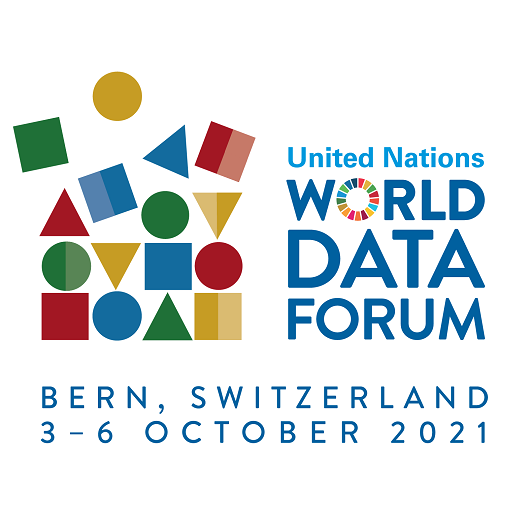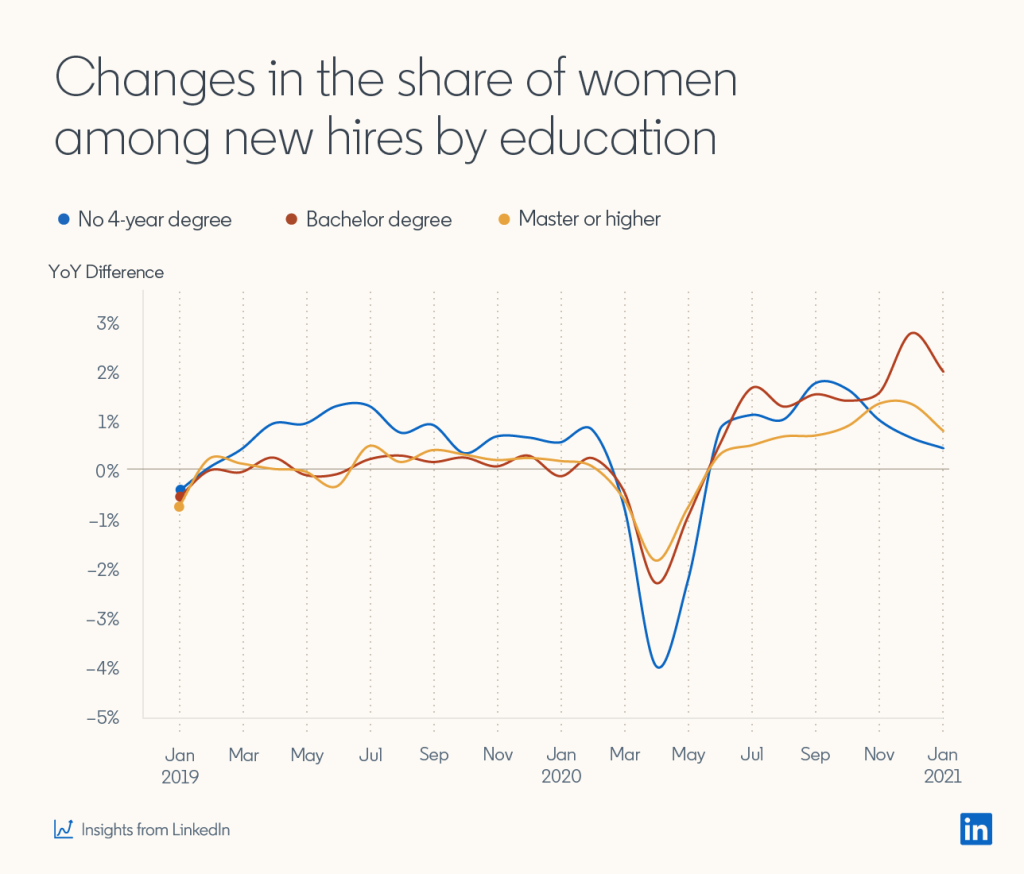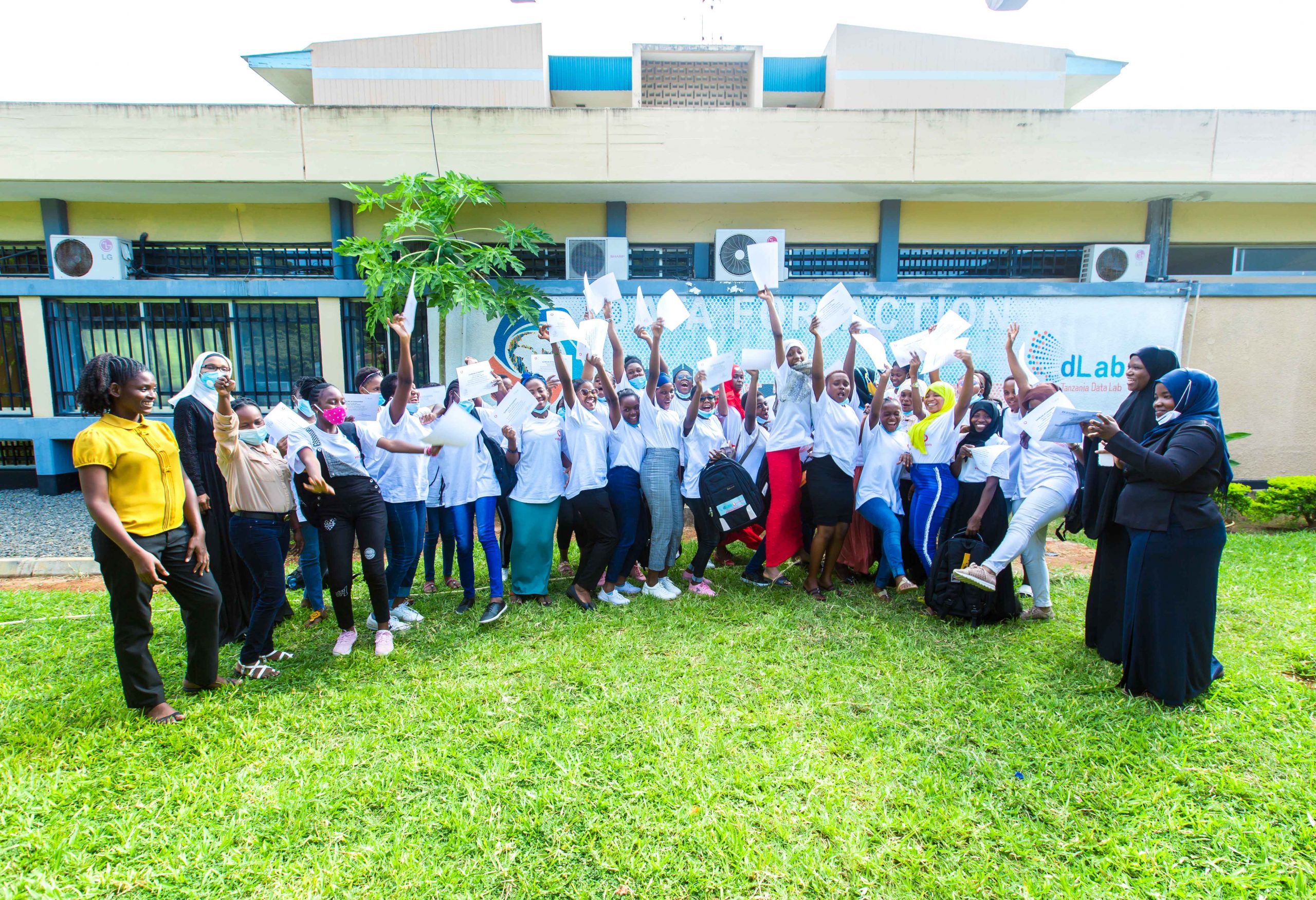Empowering Women to Join the Data Revolution
Speakers from diverse geographies and sectors discuss the critical role of women in the use of data and digital tools for social good.
Available in:

By Nicolás Barahona. Published: October 07, 2021
One of the most emphasized topics during the United Nations World Data Forum, held between October 3 and 6, was the entry of women into data-related fields.
In 2020, the Covid-19 pandemic highlighted gender inequality on an economic, cultural, and social scale, hindering women’s overall development.
The top “hard skills” for 2020 are related to data science expertise, in which women represent less than 25% globally.
To provide pathways to understand the impact of this situation, five panelists from diverse backgrounds discussed how and why to empower women in the use of data and digital tools.

In the forum participated Agnieszka Rawa, Managing Director of Data Collaboratives for Local Impact; Mahadia Tunga, Tanzania Data Lab (dLab)co-founder; Mar Carpanelli, leader of the Americas Economic Graph Policy Research and Insights at LinkedIn; Margot Gerritsen, Stanford University professor; and Katerina Ntep, Millennium Challenge Corporation vice-president.
Its main call is to invest in data science and technology diversity, ensuring that women are well represented. This requires, among other factors, strengthening their academic training, their participation in research, and their entry into the workforce.
“Data is necessary in today’s world. […] Technology at the service of citizens is enabling greater accountability on the part of governments while promoting local innovation,” phenomena in which women must be involved, said Katerina Ntep, of Millennium Challenge Corporation.
The panelists illustrated how investors, academia, civil society organizations, and the private sector can partner to empower women to join the data revolution, help navigate global crises, plan for a more resilient recovery, enable digital transformation, and achieve the 2030 global goals.
That is the case of LinkedIn, a platform with more than 660 million members in 200 countries, 35,000 standardized skills, and 17,000 categorized occupations. From the analysis of this information, they propose ways to improve the skills of professionals, including, of course, the work of data scientists.

Source: LinkedIn
Mar Carpanelli, from the company mentioned above, explained that women are underrepresented in producing cultural content compared to men, while the gap is growing negatively for women in engineering, Artificial Intelligence, and computer science.
“In India, South Korea, Singapore, and Australia, women tend to use Artificial Intelligence more intensively, which means they tend to have more advanced knowledge. And this information is very relevant because, by analyzing it, it can help us determine how companies hire and how they are thinking about possible case studies, and thus learn from other countries looking for policies or programs to implement in the future,” Carpanelli said.
This linkage between academia, NGOs, and technology investors referred by the expert is taking place in East Africa, with the prominent case of Tanzania Data Lab (dLab), which uses local data to improve essential services and the welfare of communities.
According to Mahadia Tunga, co-founder of dLAab, two out of three girls are out of school in Tanzania. With this in mind, her primary challenge to get more women on the data agenda is to make early interventions at various levels to facilitate the primary and secondary education process.
In turn, realizing the need to use data to address other issues in the country, they are joining these efforts to strengthen data science as a viable career with impact.
From dLab they are carrying out programs such as #CodeLikeAGirl, #SmartGirls, or #Data4Her. In short courses, they train women in basic programming skills, web development, and computer languages to use innovative data.
“We are showing them that it is possible to develop wonderful jobs through technology and the field of data,” Tunga said.

Source: #CodeLikeAGirl at https://dlab.or.tz/how-dlab-is-empowering-girls-to-codelikeagirl/
Another major initiative presented at the UN conference was Women in Data Science (WiDS), led by Stanford University and supported by companies such as Microsoft and IBM.
It brings together more than 100,000 women and girls through conferences, datathon activities, and podcasts, forming a network for them to explore and enter data science.

Source: WiDS Datathon 2020 Results and Impact
As a basis for female empowerment, one of its objectives is to break down the myths that limit the role of women in the scientific and business sector, as Margot Gerritsen, Stanford professor, stated.
The first is that there are no successful women in the field of data, that we lack mathematicians and scientists. The second is that women are not on the same level as men to develop, for example, projects related to Artificial Intelligence, because, according to the myth, they have fewer skills.
“Sadly, it is a belief that persists in popular culture, even within universities and even among women themselves. We are concerned to change that way of thinking, to normalize the presence of women, independent of their context, to show their contribution in the creation of links, in research, and in leadership,” Gerritsen explained.
If you want to know more about these projects and listen to the entire conference, you can go to this link (from 2:17:50 of transmission).




